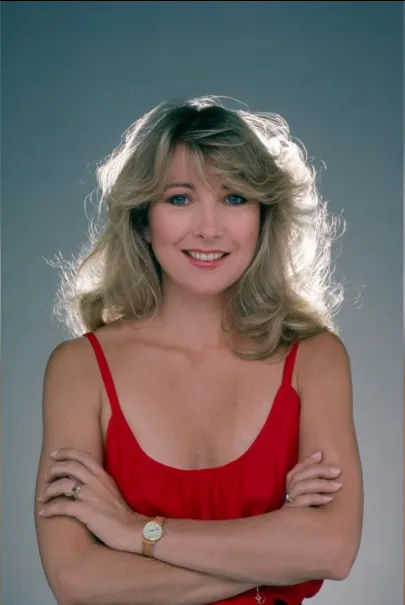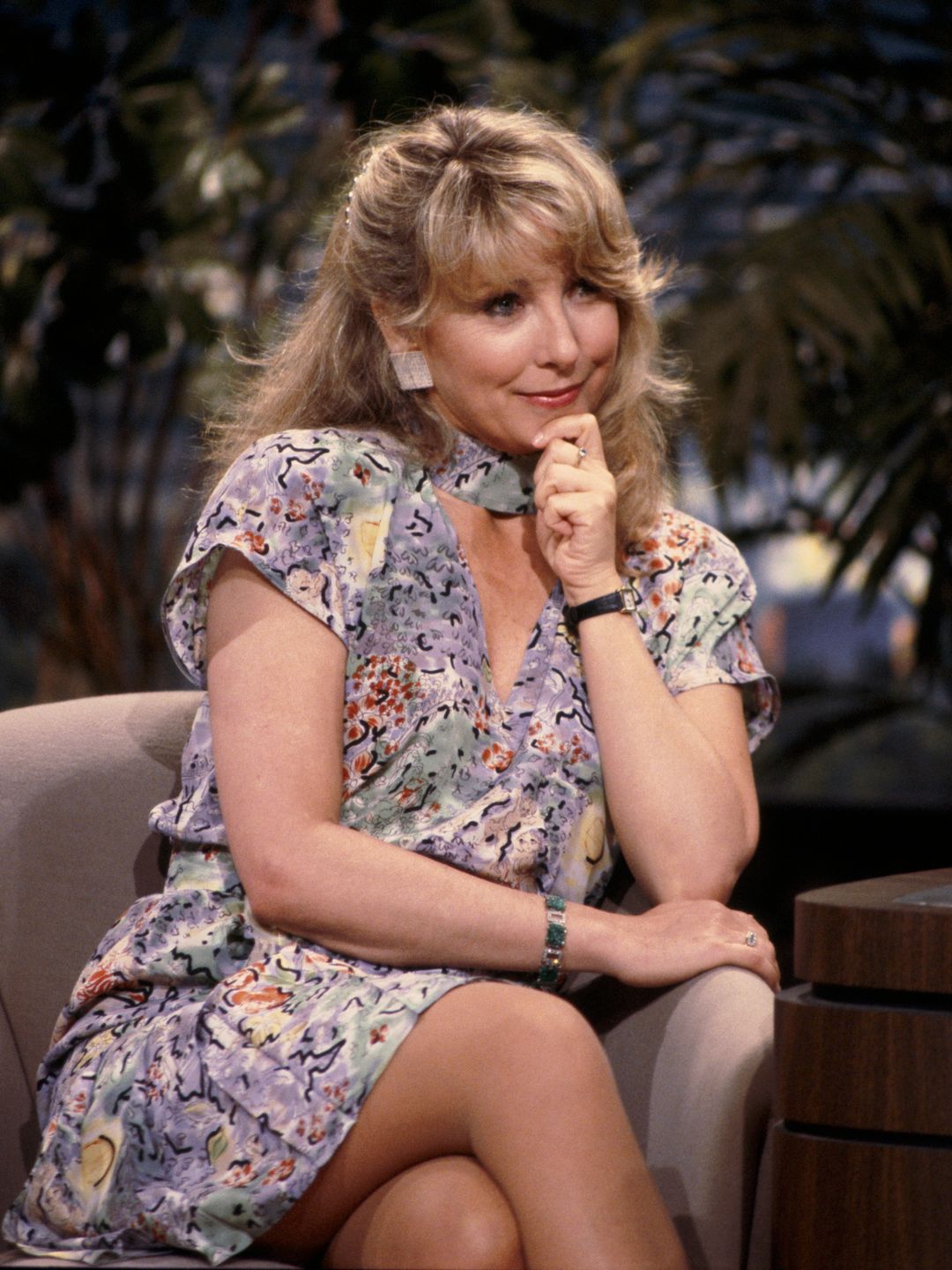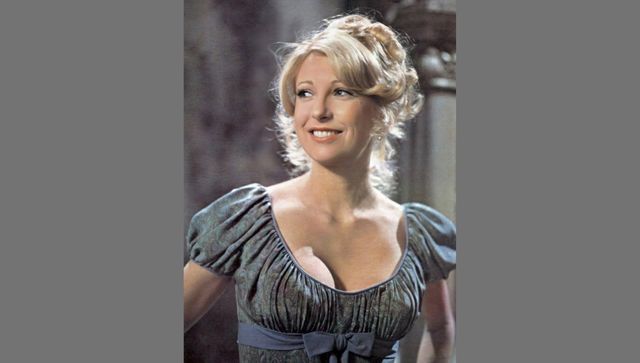Father Stands Up to the Wokeness
At a recent school board meeting, tensions erupted when a father, identified as Mr. Matthews, delivered a fiery speech condemning the board for failing to protect the privacy and safety of young girls in school bathrooms. His passionate remarks drew both applause from concerned parents and uncomfortable silence from board members, whom he repeatedly accused of cowardice.
Mr. Matthews, accompanied by his 8-year-old daughter, demanded answers from the board about why girls were not being given clear protections. According to him, his daughter had already experienced discomfort after a boy was allowed access to the same bathroom.
“Sweetheart, tell them—do you want a little boy to watch you pee?” he asked his daughter in front of the room. The girl shook her head firmly: “No.”
“Why not?” he pressed.
“Because it’s inappropriate.”
The father used this simple exchange to drive home his point: even a child understood boundaries that, in his view, the adults in charge refused to acknowledge.

Accusations of Cowardice
Throughout his remarks, Mr. Matthews repeatedly accused the board of hiding behind federal laws such as Title IX instead of taking action. He recounted conversations with individual board members who privately admitted that their “personal views” differed from the positions they publicly upheld.
“You’re cowards. That is not how you do it,” he thundered.
“Every parent in this county should see that you are not fit to sit on this board. You’re more concerned about losing federal funding than about protecting our kids.”
The father argued that refusing to act opened the door to serious risks, even violence. He warned that if a boy followed his daughter into a restroom and touched her, the board would face a “new level of danger” far more serious than the vaping issues they often discuss.
Behind Teri Garr’s radiant screen presence was a story of grit, grace, and quiet defiance

She danced behind Elvis, cracked up Mel Brooks, and nearly stole Tootsie from Dustin Hoffman — all with a raised eyebrow and impeccable timing. Teri Garr was the kind of performer who made it all look effortless. With her sunny smile and razor-sharp comedic instincts, she lit up every screen she touched. But behind the sparkle and the laughs was a story of grit, grace, and quiet defiance — the kind of journey that makes her one of Hollywood’s most fascinating, and perhaps underrated, icons.

Born in Lakewood, Ohio, in 1944, Teri Garr seemed destined for the stage. Her father was a vaudeville comedian and actor, and her mother a dancer and wardrobe mistress, so entertainment ran through her veins. But nothing was handed to her. After her father passed away when she was young, her mother raised three children on her own, and Garr learned early what resilience meant. Dancing became her escape, her language, and her ticket into show business.
Her career began in the background — quite literally. If you squint at some of Elvis Presley’s early films from the 1960s, you’ll spot her twirling in the chorus line. She was a go-to dancer for choreographer David Winters, appearing in more than a dozen Elvis movies, paying her dues while soaking in every ounce of experience Hollywood could give. But Garr wasn’t content to stay in the background. She wanted to speak, to crack jokes, to take center stage.

Her big break came with Mel Brooks’ Young Frankenstein in 1974. As Inga, the wide-eyed, thick-accented assistant to Gene Wilder’s Dr. Frankenstein, Garr turned what could have been a one-note part into comedic gold. With her mix of innocence and sly wit, she stole scenes with nothing more than a glance, a perfectly timed pause, or the delivery of a single, hilarious line. Brooks called her a “comic natural,” and audiences agreed. She was suddenly everywhere.
The late 1970s and early 1980s cemented Garr as one of the most versatile actresses in Hollywood. She could do screwball comedy, like in Oh, God! opposite John Denver, and then turn around and deliver subtle drama. But it was Sydney Pollack’s 1982 classic

What made Garr so remarkable was her range. She could be the ditzy blonde with perfect comedic timing, but she also infused those roles with intelligence and humanity. She didn’t condescend to her characters. Instead, she gave them depth. Even when Hollywood tried to pigeonhole her, Garr resisted with grace, choosing roles that allowed her to stretch, whether in dramas like
Yet behind the glamour of the spotlight, Garr’s life carried challenges that required enormous strength. For years, she lived with symptoms of multiple sclerosis before being officially diagnosed in 1999. Instead of retreating, she became an advocate, using her platform to raise awareness about the disease. With her signature wit intact, she spoke candidly about her health, never allowing it to define her. “I’ve always been a fighter,” she once said. “That’s the only way you get through this business, or through life.”

Her candor extended beyond her illness. Garr was refreshingly honest about Hollywood itself — about the sexism, the typecasting, the uphill battles faced by women in comedy. She carved her path at a time when women were often sidelined as decoration or sidekicks, proving they could be just as funny, layered, and memorable as their male counterparts. In doing so, she paved the way for a generation of actresses who would follow.
By the 2000s, Garr had slowed her career but never stopped working entirely, appearing in TV favorites like Friends (as Phoebe’s eccentric mother) and continuing to bring her unique brand of humor to every role. To her fans, she was more than just an actress — she was a reminder of an era when talent, charm, and resilience mattered more than spectacle.

Looking back, what makes Teri Garr’s story so compelling isn’t just the highlight reel of roles, though there are plenty: from her first comedic explosion in Young Frankenstein to her Oscar-nominated brilliance in Tootsie, from her dance steps behind Elvis to her touching performances in dramas. It’s the way she carried herself through it all — with grit, grace, and a refusal to let challenges dim her light.
She once joked that she built her career on “the power of the raised eyebrow.” But it was more than that. It was her timing, her honesty, her courage to be silly and serious, glamorous and grounded, all at once. In many ways, she was Hollywood’s secret weapon: you might come for the big names, but you’d leave remembering Teri Garr.

Think you know her? Maybe you know her laugh, her smile, her unforgettable performances. But the full story of Teri Garr is even richer: a dancer who became a star, a comedienne who could break your heart, a woman who never stopped fighting. And in that, she remains one of Hollywood’s most enduring treasures.





